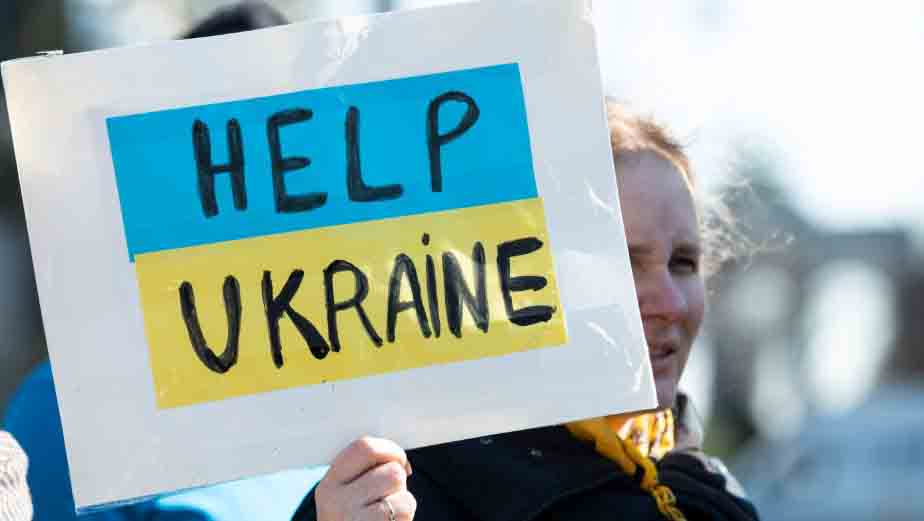News
Policies and activities
-
Moving & working in Europe
EU rules make it easy for EU citizens to work in another EU country and protect their social security rights when moving within Europe.
-
European employment strategy
EU countries established a set of common objectives and targets for employment policy, to create more and better jobs throughout the EU.
-
European Pillar of Social Rights - Building a fairer and more inclusive European Union
The European Pillar of Social Rights sets out 20 key principles and rights to support fair and well-functioning labour markets and welfare systems.
-
Rights at work
EU employment legislation guarantees minimum levels of protection that apply to everyone living and working in the EU.
-
Social protection & social inclusion
The EU supports and complements national policies in the fields of social inclusion and social protection.
-
Skills and qualifications
The right skills help individuals to adjust to these changes and ensure their well-being while contributing to society, productivity and economic growth.
-
International partners and agencies
The European Commission works with a wide range of partners such as national governments, representatives of trade unions and employers, NGOs and experts.
-
Analysis, evaluation, impact assessment
The European Commission analyses important social and labour market trends, and evaluates the impact of EU policies and programmes.
-
Funding
Projects relating to employment, social affairs and social inclusion are financed through different EU funds and programmes.
-
Fair green and digital transitions, research
In line with the Sustainable Development Goals and the European Pillar of Social Rights, fairness and solidarity are key objectives and principles of the European Green Deal.
-
Union of equality: Strategy for the rights of persons with disabilities 2021-2030
In March 2021, the European Commission adopted the Strategy for the rights of persons with disabilities 2021-2030. With this ten-year strategy, the European Commission wants to improve the lives of persons with disabilities in Europe and around the world.


